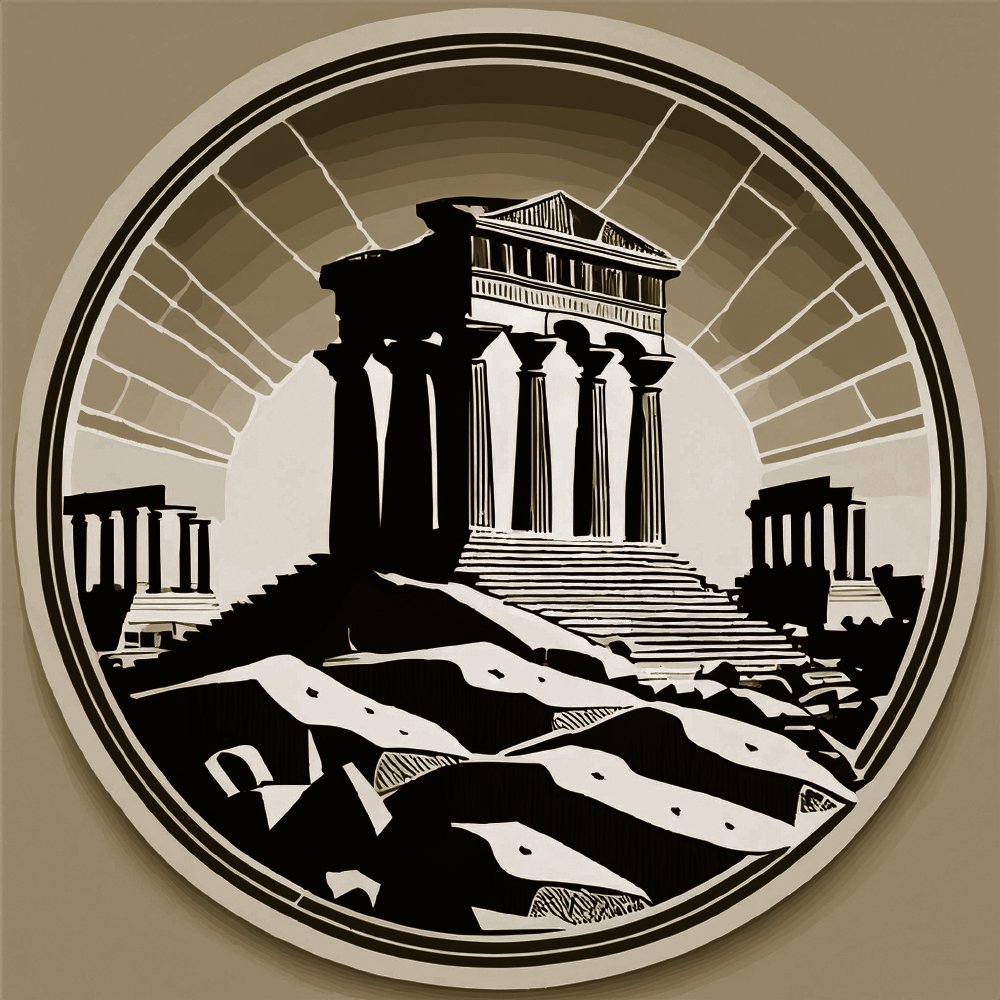Why A History of Palestine
An attempt at an explanation
The Middle East is caught in a seemingly never-ending conflict between Israel and the Palestinians. This conflict, which can trace its beginnings back to the 19th century, seems to of a calibre never seen before. In its essence it’s a conflict between two people identifying themselves as two national people struggling for the rights of their ancestral homelands, which they claim to have been part of since time immemorial.
“Few concern themselves with the people who are suffering from this conflict, nor give particular care for those who just want to make their lives in these lands, just as their ancestors have tried to do before them.”
Each group has formed their own narratives with apparent historical accounts of their role and relation to the land, which in turn provide them with the exclusive rights of the lands. These narratives seem to have become particularly predominant during the 20th century, each with their own supporters globally, and each being used by other groups for their own political goals. Few concern themselves with the people who are suffering from this conflict, nor give particular care for those who just want to make their lives in these lands, just as their ancestors have tried to do before them.
The story, how recent it might seem, is unfortunately not new. The lands have historically been the battleground of empires and civilizations, often to the cost of the local inhabitants living there. And the inhabitants have been many and varied. While the modern conflict primarily is between Jews and Palestinians, whether they are considered Arab or not, many other groups have – and still are – part of the land and its history. But often they are ignored in the context of the modern conflict.
But the history of the land is crucial to understand how and why we are where we are today. It is also crucial to dispel the myths that are too common in the battle of narratives today.
Considering that the land has given birth to two world religions, Judaism and Christianity, and its role as a place holy to several other religions, Islam, Baha’i, and the Druze, and that it has been the place where cultures and empires from three continents have met and fought, and often merged to create something new, we need to understand what came before us.
The claim for this site is not to be the History of Palestine, but rather one presentation of historical events and developments. No book, website, or other form of publication will be able to cover a complete history of the land, nor should anyone attempt to do so. The place and its history are simply too multifaceted for anyone to be able to do so.
Instead, the attempt is to present a History of Palestine, to present various historical events, which helped shape the land and its history. To delve into different aspects and approaches connected to the land. Not to decide on any narrative, being it political or religious, but out of curiosity and, more importantly, love for the land.
No religion will therefore be promoted as more essential to the land than others. Through the history of Palestine different religions have been dominant, whether we are talking about early Bronze age polytheism, late Bronze age and early Iron age Israelite religion, early Judaism, early Christianity, or Islam. And always have there been a multitude of other religions playing an important part of the land.
The same with cultures and ethnic group. From the Canaanites and the Israelites, later Judeans, Idumeans, Irutreans, and other Arab groups, to Greek and Arab Christians, Aramaic and Greek speaking Jews, and later local Arab tribes, Druze, Bedouin, and Jews – just to mention a few of the many people who have been part of the land.
I hope that you will find the journey through the history of Palestine interesting and engaging, that you will follow along with an open mind, and that you will take part in the dialogue that hopefully will be part of this amazing project.
Welcome to A History of Palestine!
